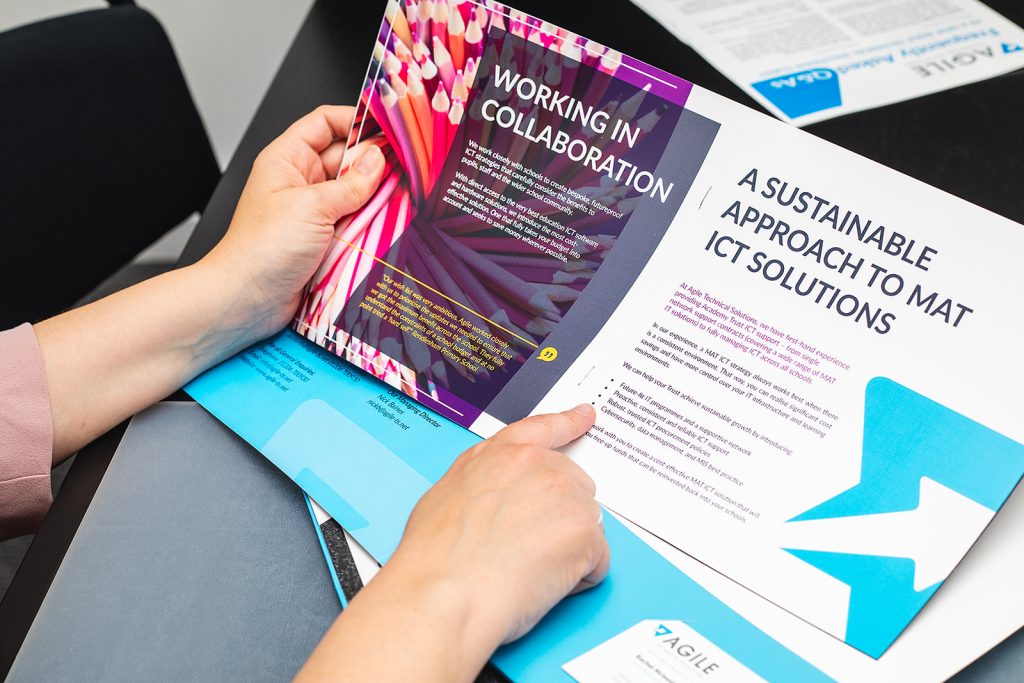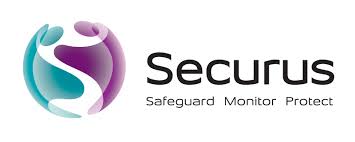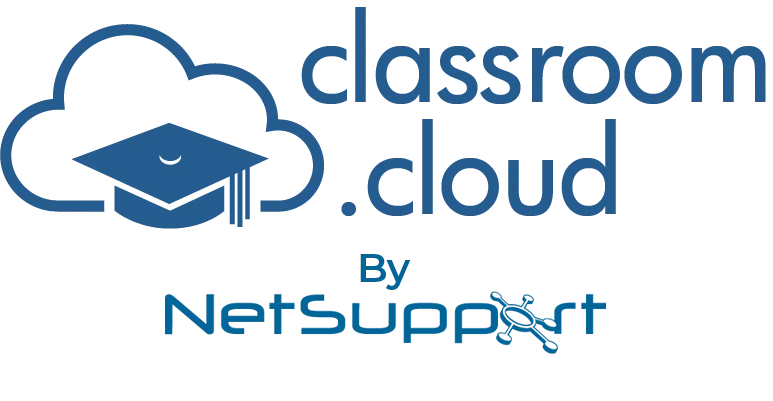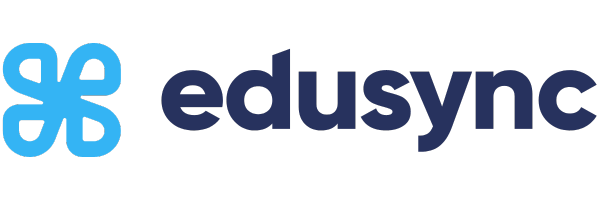Your Schools Dedicated ICT Partner
With plenty of experience, we understand the challenges and pressures somewhat unique to the school environment. Crucially, we know how to create a tailored ICT Support and Consultancy package that maximises existing equipment and enables you to make strategic improvements.
With Agile Technical Solutions as your ICT Services partner, you can expect:
- Strategic advice from an expert ICT Consultant
- Access to the very best education ICT software and hardware solutions
- Cost-effective ICT solutions that are carefully considered for your school
- An experienced single point of contact – an ICT technician who knows the school environment
- Proactive support that identifies problems before they become an issue
A few words from schools we support
Head Teacher, Rendlesham Primary School“Our wish list was very ambitious. As our Education ICT partner, Agile Technical Solutions worked closely with us to prioritise the updates we needed to ensure that we got the maximum benefit across the school. They fully understand the constraints of the school budget and at no point tried a ‘hard sell’.”
Daniel Pettitt, Headteacher, Freeman CP School“With PCs, laptops, networking and software all sourced and installed by Agile, the whole school has a reliable IT system that meets the day-to-day demands of the administration and curriculum side of our school”
Working collaboratively
As your Education ICT partner, we make it a priority to really get to know you and your school so that we can create bespoke, sustainable ICT strategies that benefit your pupils, staff and the wider school community.
With direct access to the best Education ICT software and hardware solutions, we introduce the most cost-effective solution. One that fully considers your budget and seeks to save you money.
How we work
Essentially, we can partner with you in one of two ways. Mostly, we are contracted to offer a combination of ICT Support and ongoing ICT Strategy. For some schools and academy trusts, though, we work purely on a consultancy basis. This is where we provide an unbiased 360° review of your ICT services to resolve immediate issues and create a 3-5 year ICT strategy plan.
Again, this is one of the many things that make us a trusted Education ICT partner – not just in Essex and Suffolk but across the UK.
Explore our ICT services
Our DBS-cleared team of ICT technicians and ICT consultants provide all the ICT Support and advice you’ll need, from web filtering and firewall protection to hardware purchasing, ICT strategy and Disaster Recovery and more.
ICT Support
Proactively avoid any ICT issues with our onsite housekeeping and remote helpdesk technical Education ICT Support service.
ICT Consultancy
Receive an unbiased 360° in-depth analysis of your ICT set-up, an ICT strategy plan, budget assistance and asset management for rolling replacements.
Primary and Secondary ICT
Realise the impact of technology on teaching and learning and ensure your data & network are always protected.
Academy Trusts ICT
Benefit from a sustainable ICT programme, a resilient network that grows with your trust, excellent ICT Support and top-tier Consultancy.
Independent Schools
Deliver exceptional learning and teaching environments through strategic ICT Support, Consultancy and Managed Solutions.
Frequently Asked Education ICT Questions
What’s included within an Education ICT service agreement?
An Education ICT contract, normally referred to as a Service Level Agreement (SLA) or a Support Package Agreement is a written document detailing what is expected from the supplier (the ICT provider) and the client (the school or academy trust). Usually, an ICT service agreement will span over a one or three year period and provides a clear overview of what the ICT provider has been contracted to do.
For example, an Education ICT contract will contain a start date, the contract duration period and a renewal date. Crucially, it will provide specific details on the ICT services covered, such as security, hardware, network infrastructure, software and licensing, server infrastructure, ICT Support and consultancy services.
You should expect to find a detailed account of what to expect during the onboarding process, how remote and in-house support will work, along with information on how IT strategy will take shape. For example, the frequency of IT strategy meetings should be referenced along with what you (the client) can expect to achieve from those meetings.
As you move away from one ICT provider to another, it is important that there are clearly written obligations on how the transitional period will work.
Also included within an Education ICT agreement, you may see additional options. Normally, additional services include full onsite support, housekeeping, resource management and ICT policy creation.
Suppose more than one school is included with the Education ICT service agreement. In that case, you should expect to see a section within the contract on ‘areas covered’ and whether there are any service differences between schools.
At the end of the agreement, you will find a table of costs. Typically, these are detailed by year and broken down into monthly and total payments. Here, you should also expect to see hourly rates for work not covered by the contract.
Lastly, and most importantly, you will find a page requiring the signatures of both the client and the ICT provider.
How can an ICT education partner benefit a school or academy trust?
There are many ways that an ICT education partner can directly benefit the school environment. Firstly, having an impartial third party analyse your existing ICT set-up can help you make targeted improvements that you might otherwise miss. Secondly, contracting an ICT specialist takes the pressure off your internal ICT team to enable them to focus on specific projects rather than dealing with ICT support requests.
An ICT education partner should also give you valuable insights on maximising your existing ICT to improve your learning and teaching environments.
There are, of course, lots of other direct benefits, including enhanced security to protect students from online abuse; improved integration of systems to save money; and some ICT services can directly lessen the administrative pressure on teachers, giving them more time to teach.
What is an ICT Services provider?
An ICT Services provider specialises in working with schools to provide strategic ICT advice and Support. Usually, the ICT provider is contracted to deliver ICT support and consultancy services, although it can be just one of those services.
As an umbrella term, ICT (information and Communication Technology) refers to technologies that are used to digitally process, store, create, display and exchange information. Therefore, an ICT Services provider should have a wealth of knowledge on the hardware and software solutions available to schools.
Essentially, the role of the ICT Services partner is to protect and enhance a school’s ICT infrastructure and help plan for the future. Therefore, there should always be complete trust and transparency between the school (the client) and the supplier (the Education ICT provider) so that both parties know their roles and responsibilities. This starts with having a clear service level agreement (SLA) that details the terms of the working relationship and the costs involved.
How can ICT improve education?
As an ICT education provider, we have seen first-hand how having the right ICT infrastructure can directly benefit pupils and teachers.
Having better access to ICT in the classroom increases the motivation of students to learn as it gives them more interactive ways to engage in their studies. In addition, having wider access to digital resources such as websites, programs and interactive games can make traditional core subjects more interesting, especially for visual learners.
The use of ICT in the classroom can also promote participatory learning and help younger pupils develop stronger relationships with their peers.
Increased communication between pupils, teachers and parents is another significant benefit. Since the pandemic, there has been much more of an appetite for digital environments that facilitate real-time access to information and resources, directly impacting learning.
ICT can also help lessen the administrative burden on teaching staff, giving them more time to spend with students.











